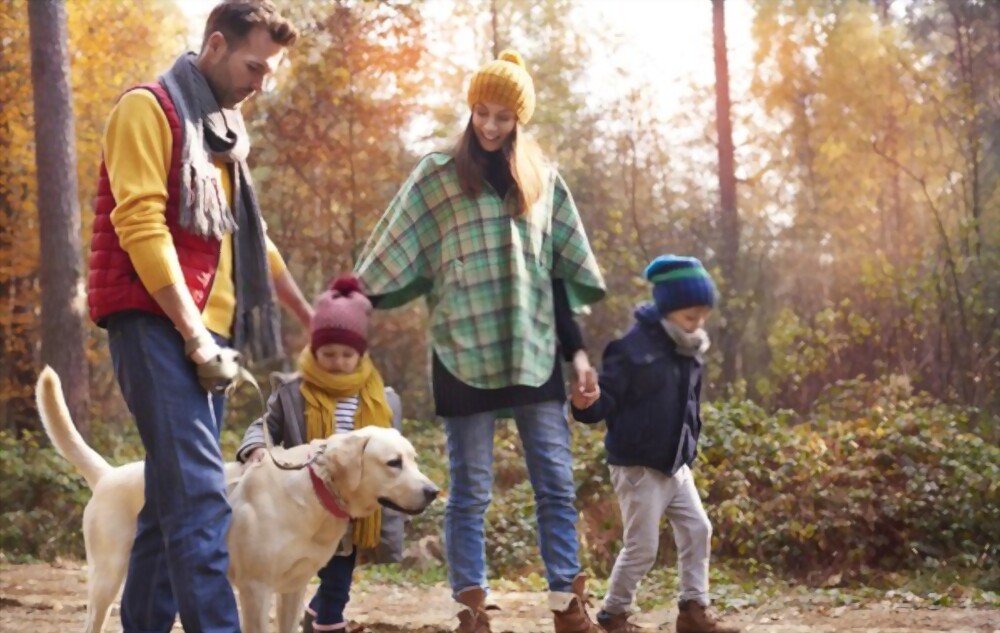Your wife has just given birth to a new beautiful healthy baby, and she is coming home soon.
Your uncle is coming to visit for a couple of days.
Your sister would like to spend the holidays with you.
Your pet has not met any of these people before. They are new to home. You do not know how he is going to behave and handle the situation.
Pets, just like us human, experience varying degrees of stress when they face change in the environment, so their reaction to a new family member can vary as well. However, preparing your pet in advance for this new situation can help him and the new visitor cope more easily and quickly. If you are asking how you can do that, Pet Barn you will give some helpful guidelines in this blog.
Pet and New Family Members Guide
1. It is time to train your dog well if you have not already done that.
When your dog is well trained, he acts more politely around humans and feel more relaxed and confident around them. All you need to focus on are the simple instructions such as “sit”, “stand”, and “down”.
2. Explain your pets’ rules to the new comers.
Probably you have created a set or rules for your pet now. These rules include stuff like” my dog is not allowed on the bed, no treats between the meals, my cat stays indoor”. Make these rules are clear to the new comer ahead of time.
3. Give the new comers helpful tips about how to deal with your pet.
If your dog loves belly rubs, or your cat gets stressed out when people try to pick her up, be sure to give the new comer heads up. Any tips you provide in advance will be much appreciated by both the pets and humans alike!
4. Do not force your pet to do anything they do not want to do.
Animals, like people, have their own pace when it comes to accepting newcomers. Therefore, try to make sure that your pet’s interactions with the new human family member are all positive, and do not force your pet to interact if it seems that he does not want to.
5. Provide a safe zone for your pets where they can get away from stressful situations at any time.
For your dog, this can be a kernel. For your cat, it can be a simple cardboard or a modern and stylish cat’s house.
6. Try not to change your pet’s routine.
Pets do better when they are following their regular routine. It better to keep walks, playtime and mealtime the way you pet is accustomed to.
7. Pay attention to your pet’s body language.
Body language can tell you when your pet is feeling nervous, confused or afraid.
8. Do not ignore one-on-one time with your pet.
This can help your pet adjust better especially if you couple that with a lot of love, praise and affection.
9. If you are bringing home a newborn baby, here are some pieces of advice.
- Get a life-sized baby doll to help your pet get used to the real thing when it is time for that.
- Install a barrier at the entrance of the baby’s room. This will allow your pet to see and hear everything that is happening inside, and, at the same time, helps him maintain a safe distance until everyone feels more comfortable.
- Discourage cats from jumping up onto your baby’s crib by using a double double-sided sticky tape.
A Little Preparation Will Do a Great Job
Introducing pets to a new human family member can be stressful and that is why preparation is necessary. Pay attention to your pet’s body language, be reassuring with your reactions so that your pet adjusts easily and feels happy and secure.
Do you remember the last time you introduced your pet to a new family member? How was it like? Did you follow any of our tips? Do you have any others you would like to share?

